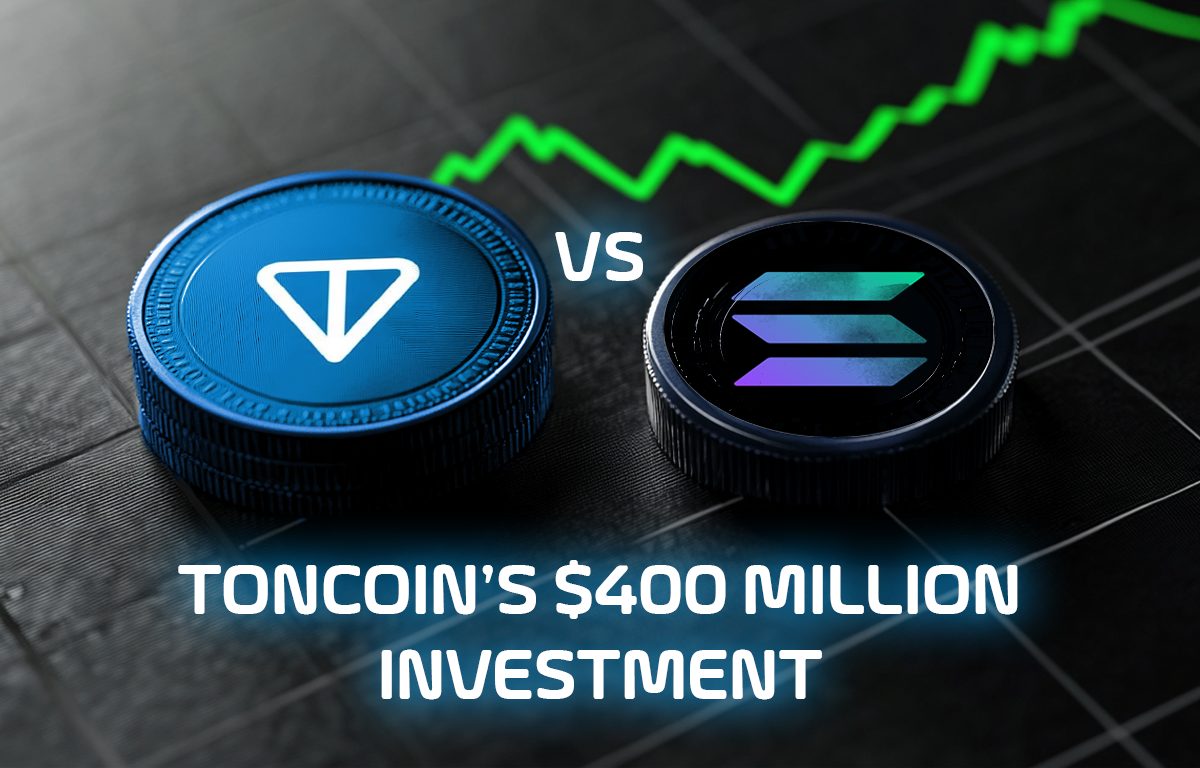Binance Tightens the Rules: MiCA Compliance and Delisting of Non-Compliant Stablecoins
Binance, the world’s leading cryptocurrency exchange by trading volume, has recently announced that it will enforce the Markets in Crypto-Assets (MiCA) regulations set by the European Union (EU). This decision comes as part of Binance’s commitment to ensuring regulatory compliance and maintaining a secure trading environment for its European customers.
What are MiCA Regulations?
The MiCA regulations are a set of rules designed to provide a regulatory framework for cryptocurrencies and crypto-asset service providers operating in the EU. These regulations aim to protect investors, prevent financial crime, and ensure market integrity. Among other things, MiCA requires crypto-asset service providers to register with the relevant EU authorities, conduct regular risk assessments, and comply with anti-money laundering and know-your-customer regulations.
Delisting of Non-Compliant Stablecoins
As part of its MiCA compliance efforts, Binance has announced that it will delist non-compliant stablecoins for its European customers. Stablecoins are cryptocurrencies that are pegged to the value of a traditional currency or other assets, such as the US dollar or gold. The decision to delist these stablecoins was made to ensure that Binance’s European customers have access only to stablecoins that comply with MiCA regulations.
Effect on European Customers
For European Binance users, this means that they may no longer be able to trade or hold certain stablecoins that do not comply with MiCA regulations. Binance has not yet announced which stablecoins will be delisted, but users are encouraged to check the exchange’s website for updates. It is important for European users to note that they should only trade and hold stablecoins that are compliant with MiCA regulations to avoid any potential legal issues.
Effect on the World
Binance’s decision to enforce MiCA regulations and delist non-compliant stablecoins for its European customers is a significant development in the cryptocurrency industry. It sets a precedent for other cryptocurrency exchanges operating in the EU and shows a commitment to regulatory compliance. This move may also encourage other stablecoin issuers to seek MiCA compliance to maintain access to the European market.
Conclusion
Binance’s decision to enforce MiCA regulations and delist non-compliant stablecoins for its European customers is a positive step towards ensuring regulatory compliance and maintaining a secure trading environment. European users should stay informed about which stablecoins are compliant with MiCA regulations, and all users should be aware that only trading and holding compliant stablecoins can help avoid potential legal issues. This development also sets a precedent for other cryptocurrency exchanges operating in the EU and may encourage stablecoin issuers to seek MiCA compliance to maintain access to the European market. Let us continue to stay informed and adapt to the ever-changing regulatory landscape of the cryptocurrency industry.
- Binance enforces MiCA regulations for European customers
- Delisting of non-compliant stablecoins
- European users should only trade and hold MiCA-compliant stablecoins
- Sets a precedent for other cryptocurrency exchanges in the EU
- Encourages stablecoin issuers to seek MiCA compliance





